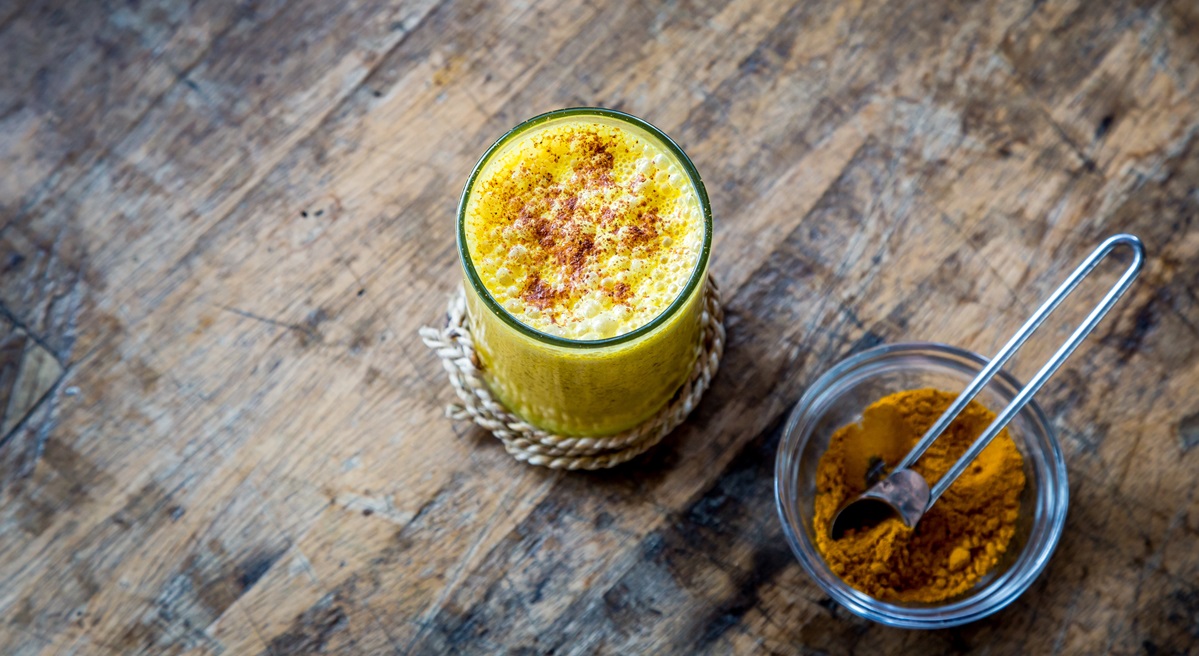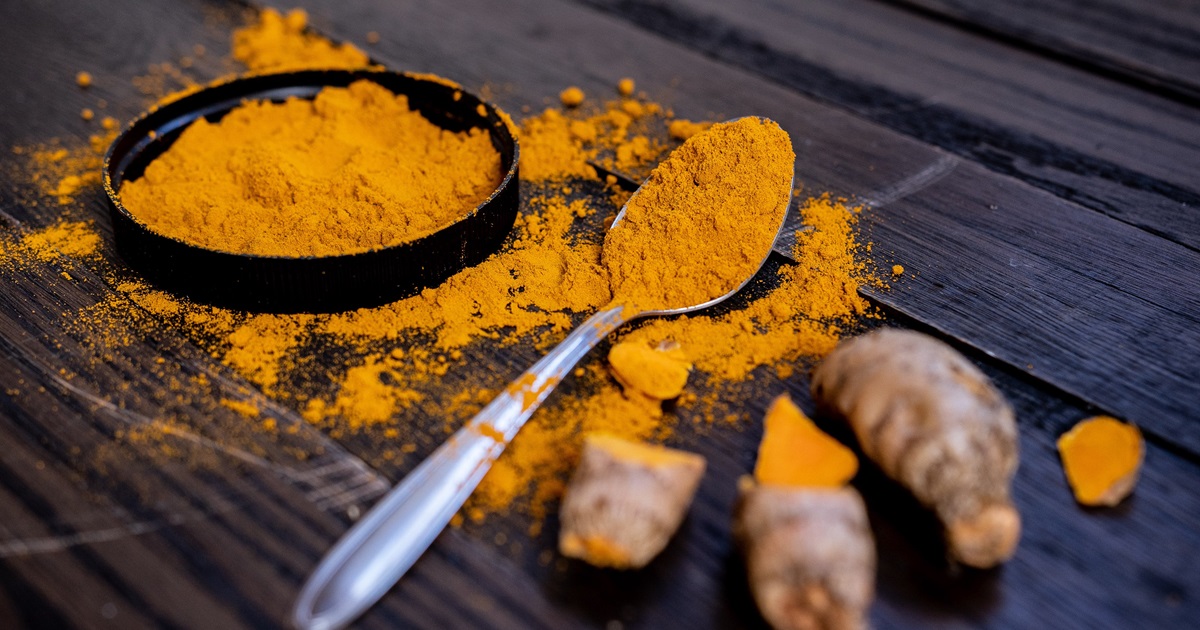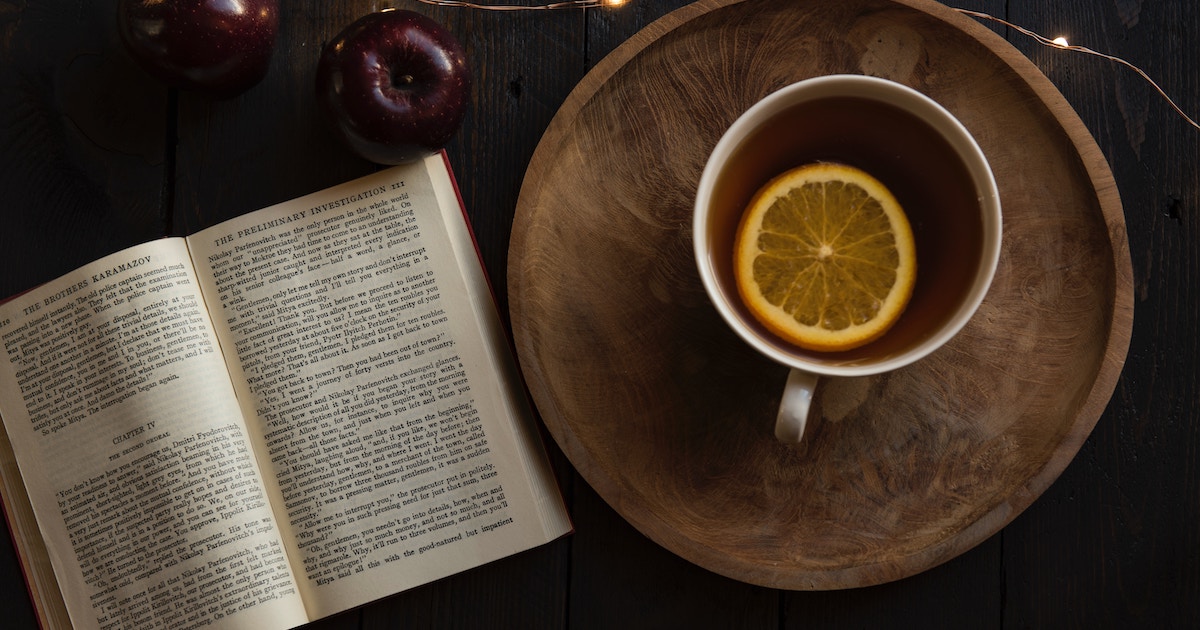Frankincense, myrrh, and… turmeric?!
It’s rumoured that the ‘gold’ the three wise men brought was actually turmeric root, the healing properties of which are more valuable than any precious metal. The key compounds of turmeric that have been studied are curcuminoids – such as curcumin. But actually there are a whole range of nutrients in turmeric that seem to be beneficial. So what is turmeric good for?
What can it do?
Here are just some of turmeric’s superpowers:
1. Anti-inflammatory
This makes turmeric excellent for pretty much any persistent ailment you can think off. Inflammation is involved with persistent joint problems and arthritis, eczema and other skin complaints, asthma, digestive problems, type 2 diabetes, cardiovascular diseases, cancer and even depression.
2. Antioxidant
This means it can protect your tissue, and your very DNA from damage. That includes the tissue that lines your digestive tract, which has a potential onslaught of toxins and irritants every time you eat, and the membranes that line your airways that have to deal with air pollution every day. It also includes the lining of your arteries, those blood vessels that are trying their very best not to burst as your blood pumps round, and your nervous system, including those all-important brain cells.
3. Anti-cancer
There are multiple ways that turmeric has been shown to act against cancer cells. It can trigger apoptosis, for a start, which is natural cell death. It’s can also prevent angiogenesis, which is the process by which cancer cells harness the local blood supply to feed itself. And it also seems to kill cancer stem cells. So definitely one to consider adding to the toolbox there.
4. Increases bile flow
Bile helps with fat absorption and also helps carry toxins out of the body after the liver has processed them. Turmeric can help with both these things, and so can help keep the gallbladder – the body’s bile storage and release unit – nice and healthy. Some people with gallstones find turmeric helpful, but for others with gallstones the opposite can be true, so exercise a little caution there.
5. Wound healer
Cut yourself? Sprinkle on some turmeric and watch the magic happen. Not only is it an effective antiseptic, but it also helps the blood coagulate and stops the blood flow.
What can’t it do?
1. The curcuminoids aren’t absorbed by your digestive system very well, unfortunately. Black pepper helps to aid absorption. As does anything oily, because curcuminoids are fat soluble.
2. Touch anything without turning it bright yellow. Call it the Midas touch. But with less gold.
You can use turmeric in curries, soups, and all sorts of delicious recipes, but my favourite this time of year is golden milk. It’s essentially a turmeric latte, and I like to add a few more spices for flavour and additional health benefits.
Spiced Golden Milk (aka turmeric latte)

- 2 cups plant-based milk (e.g. almond, brown rice, coconut, hemp etc.)
- 3-4 tsp Turmeric (organic powder or grated fresh)
- 2-3 tsp Cinnamon powder or a large stick of cinnamon
- 3-4 Cardamom pods (split open, scrape out the inside and use just that)
- 1/2-1 tsp Nutmeg powder (best freshly grated)
- A pinch of black pepper (important for turmeric absorption)
Simmer gently for 5-10 minutes, strain and serve.








Leave A Comment